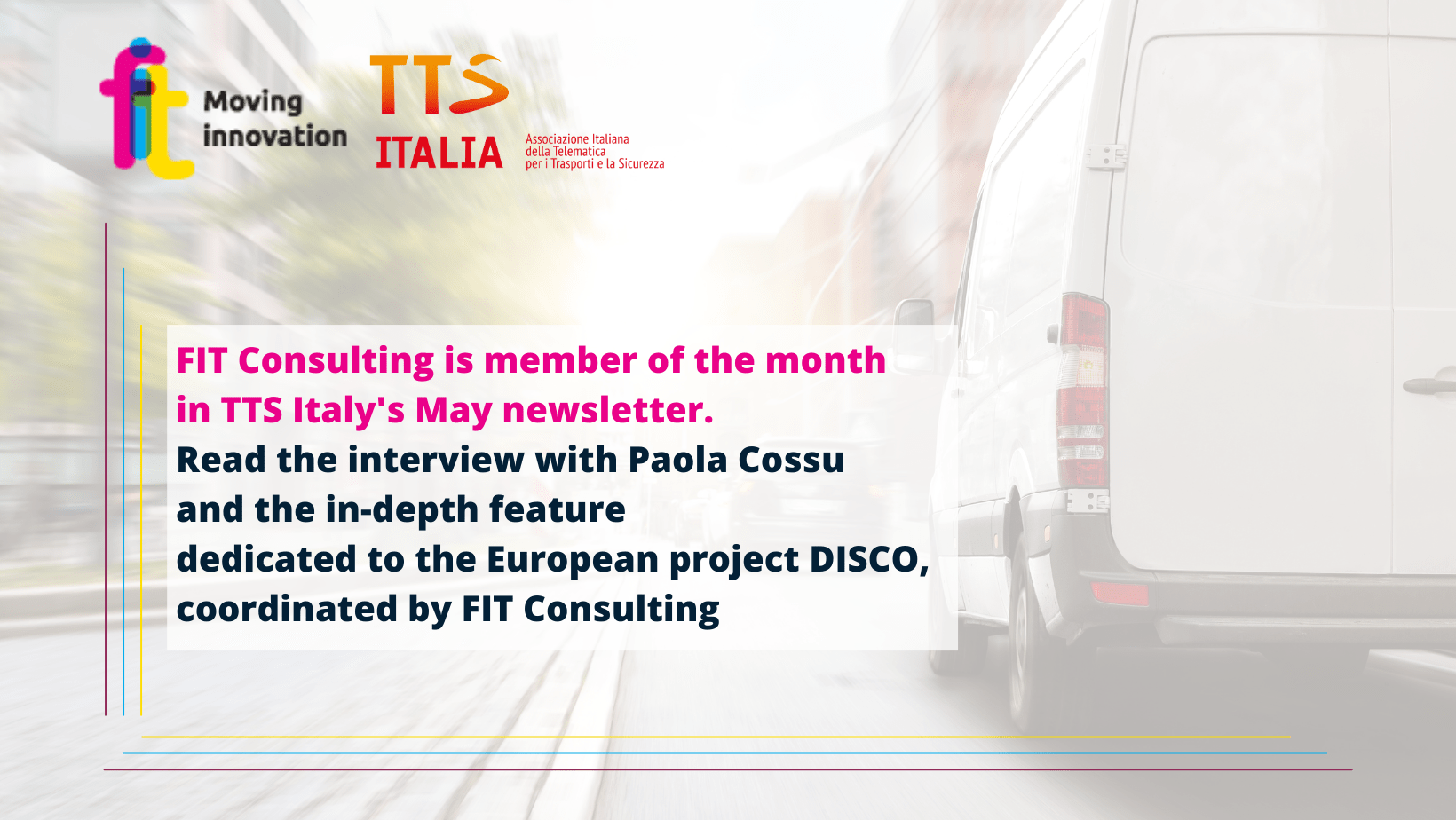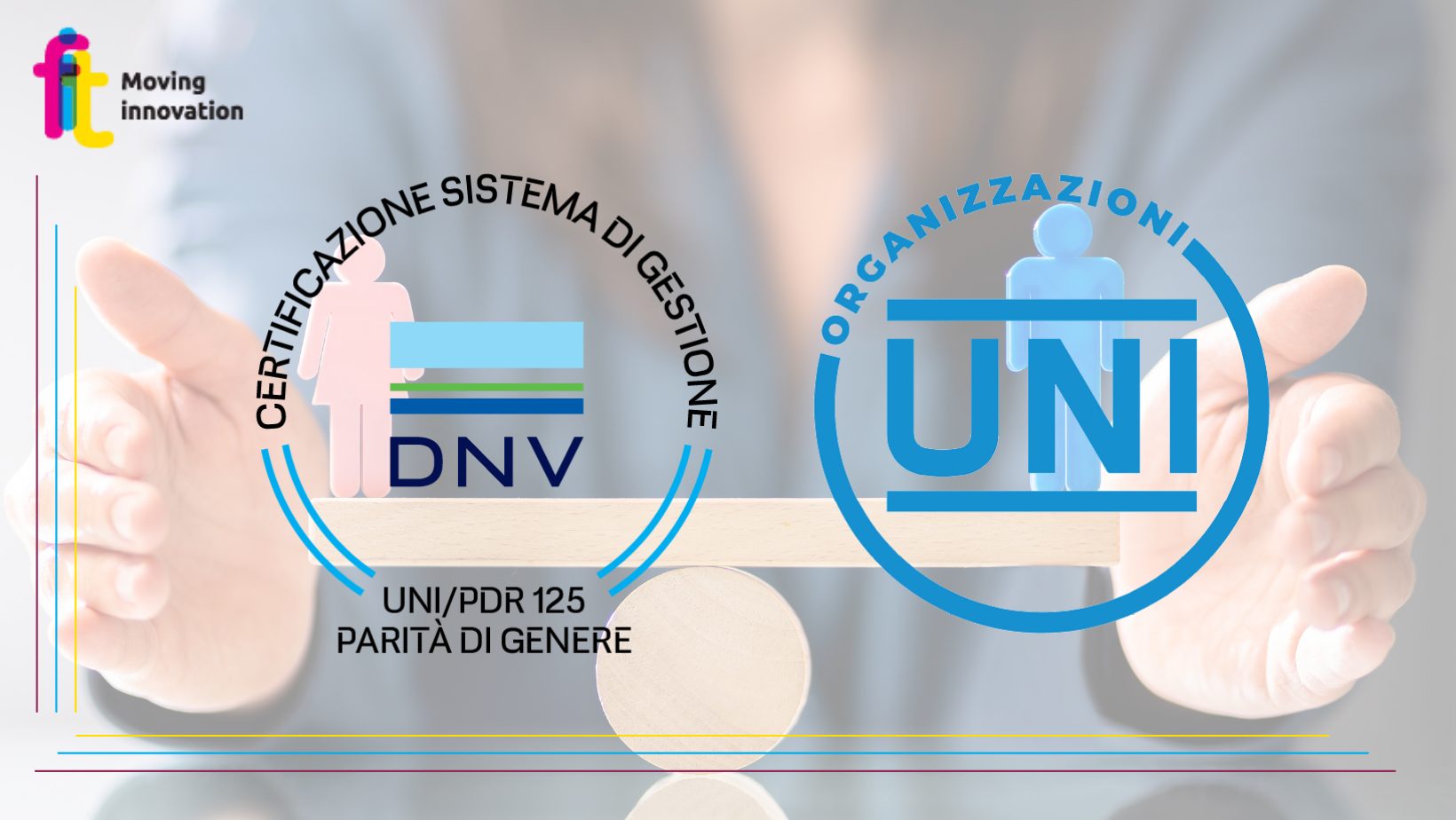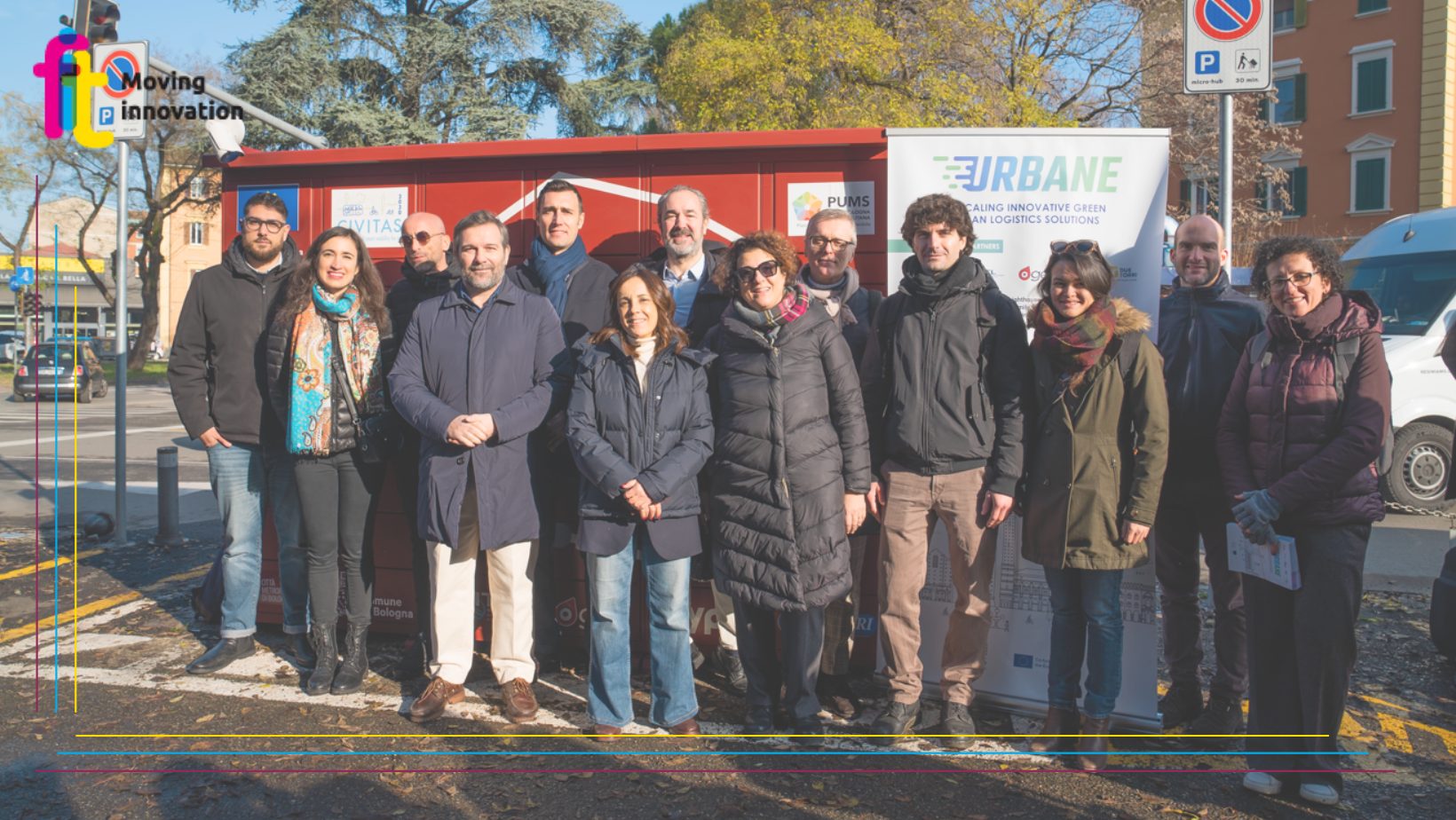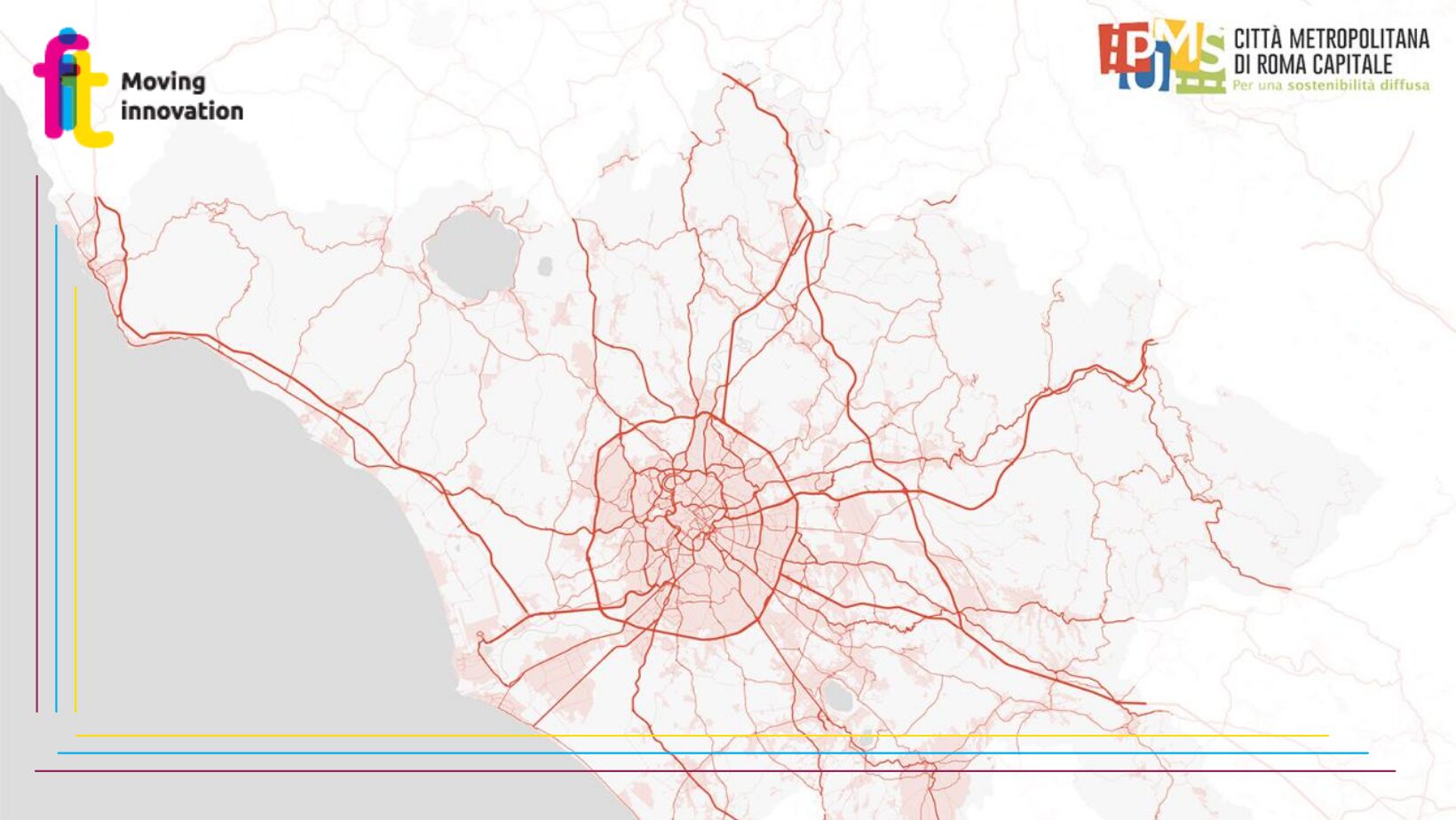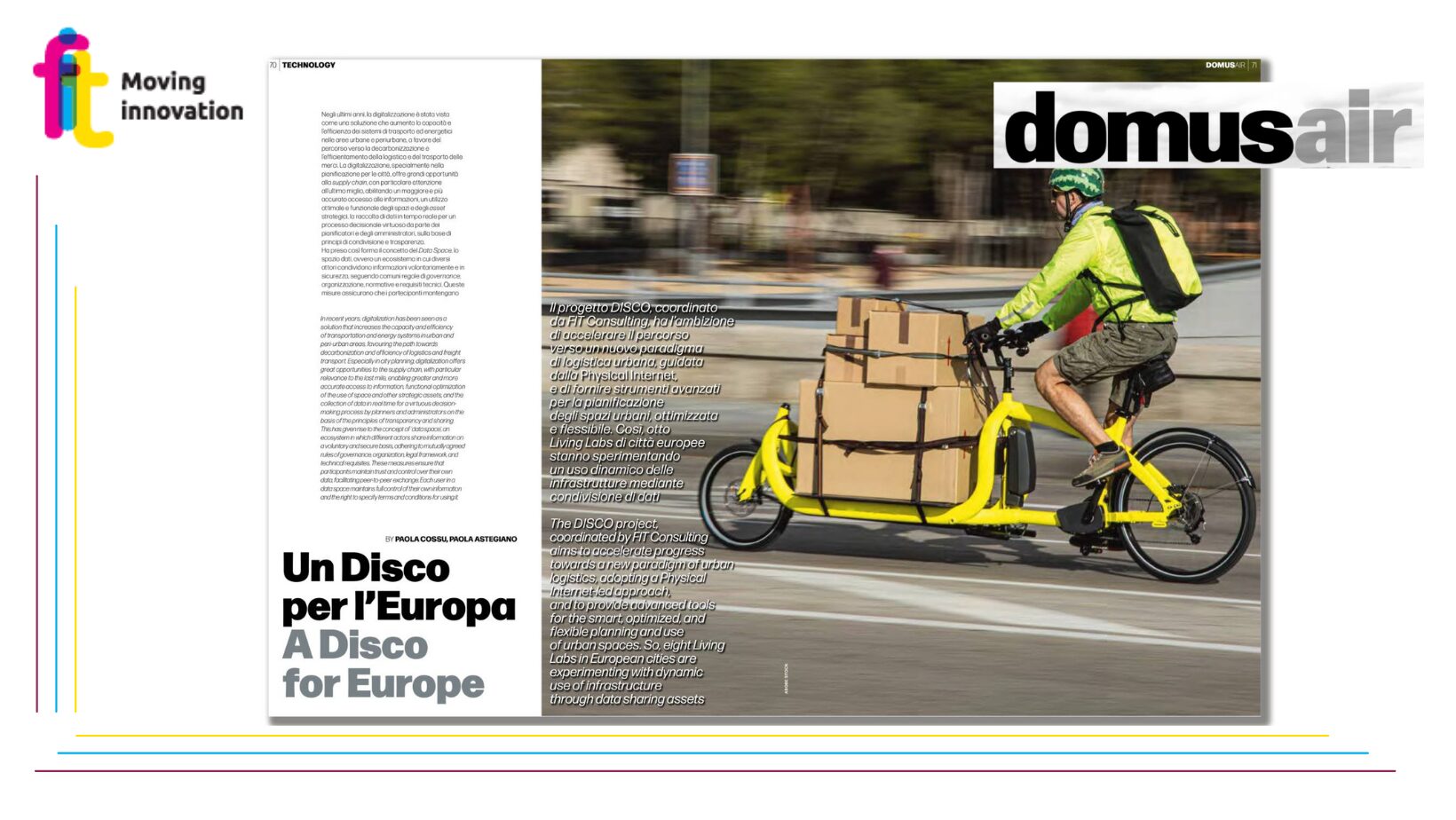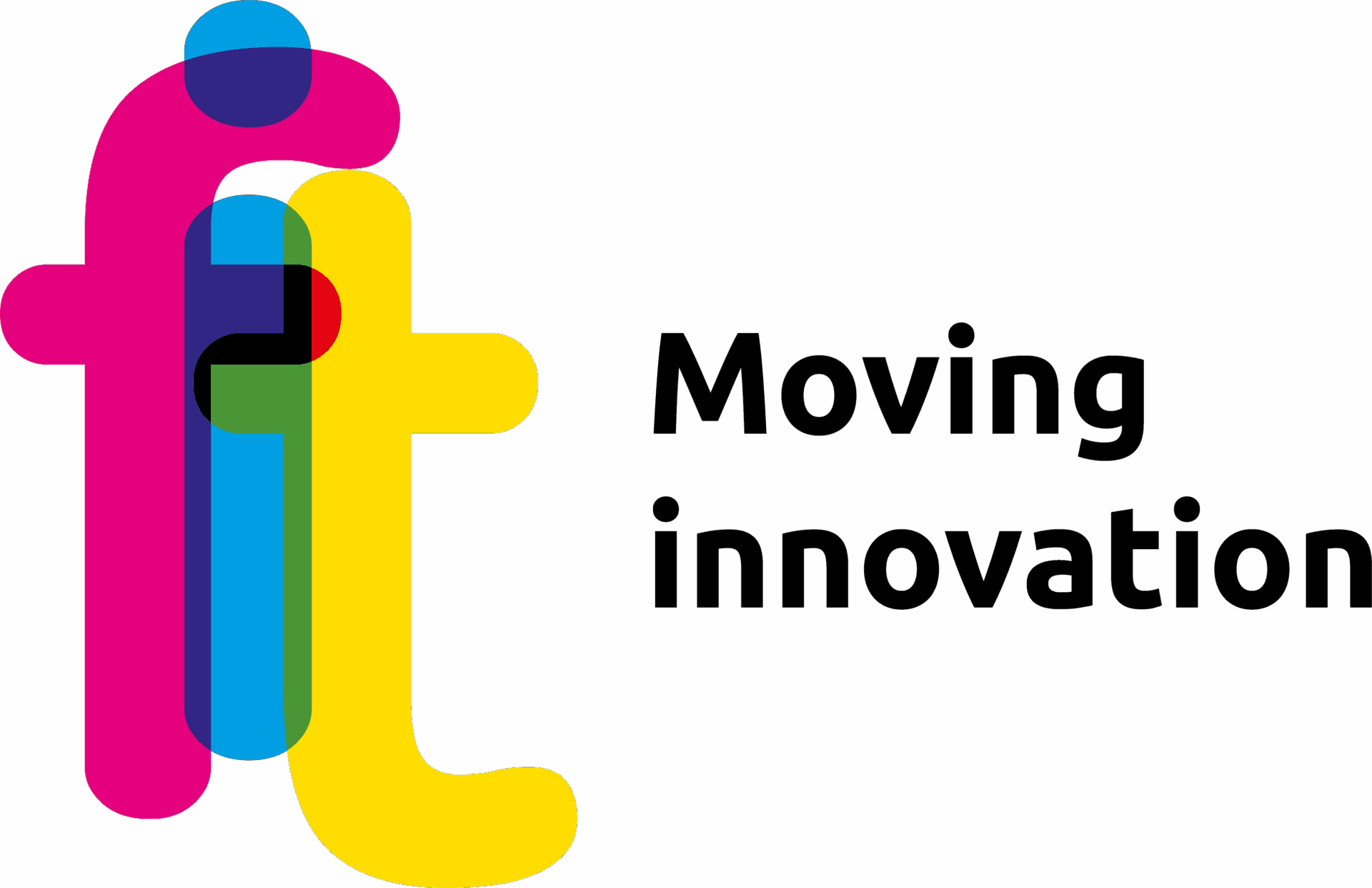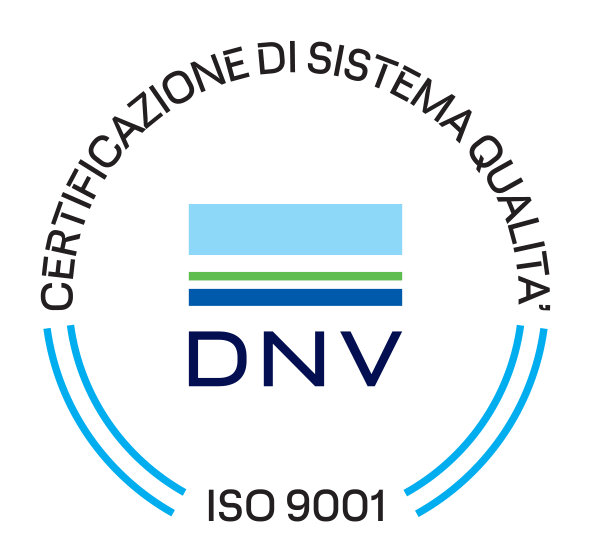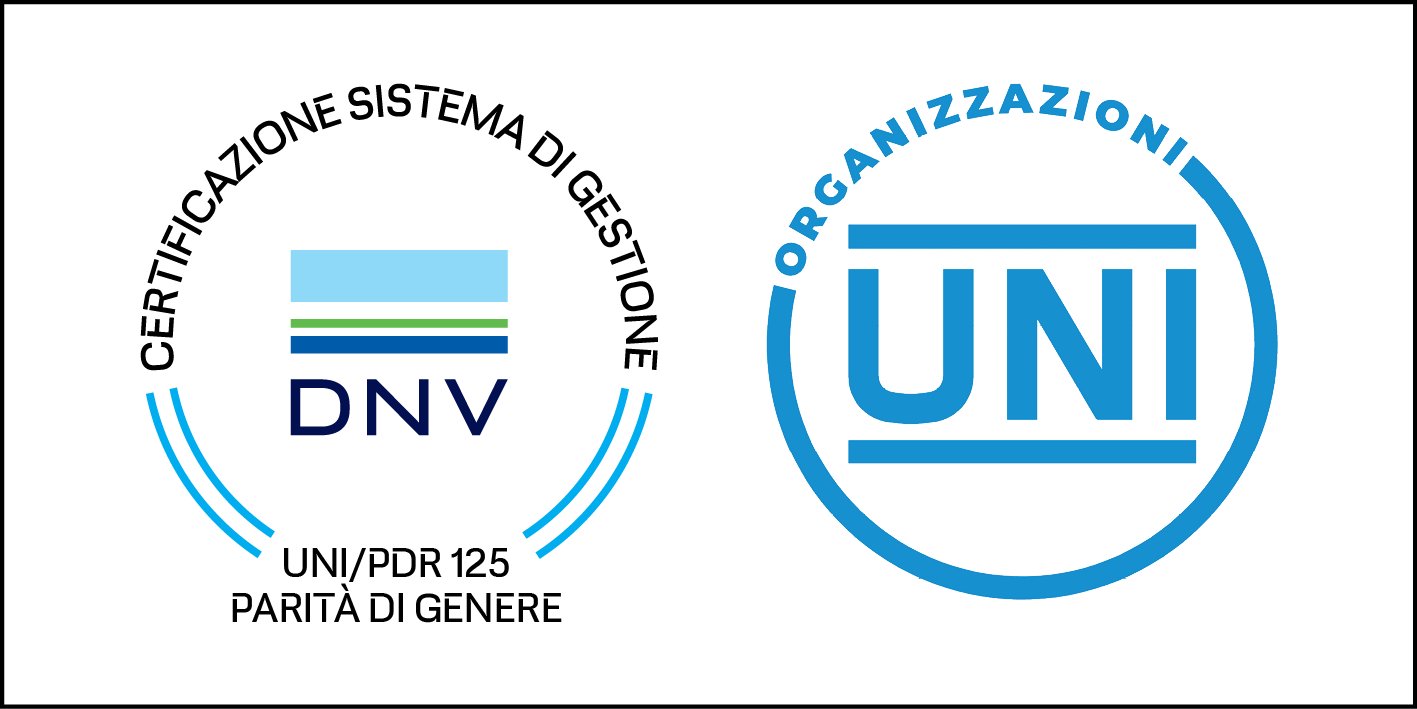In TTS Italia’s May newsletter, FIT Consulting is member of the month!
Inside the newsletter, an interview with Paola Cossu, CEO of FIT Consulting, on the topic of urban logistics and a special in-depth feature dedicated to the DISCO project: the innovative project co-funded by the European Commission under the Horizon Europe program and coordinated by FIT Consulting that aims to accelerate upscaling to a new generation of urban logistics and a smart planning framework, thus enabling the transition to decarbonized and digital European cities.
Thanking TTS Italia for the opportunity, we reproduce below the full interview with Paola Cossu and the in-depth feature dedicated to the DISCO project.
THREE QUESTIONS TO…Paola Cossu, CEO FIT Consulting
Which role does dynamic urban space management play in logistics and new models for resilient urban development?
The major challenges faced by European cities in day-to-day activities are affected by disruptive changes in consumer behaviour, new urban mobility patterns and the effects of Covid-19, all together having generated growth in the number of deliveries, increasing pressure on the entire mobility system. This is increasingly limiting the – already scarce – availability of areas for effective delivery operations. Therefore, an extreme form of demand for flexibility is required, delivery to any location, ability to change plans on the run, expectation of not paying for delivery and demand for free and fast returns, thus disruptively changing logistics requirements. Being the “last mile” the most expensive competent of the entire logistics chain, generating more than 50 percent of the total cost, with deliveries now made directly to the end consumer rather than to stores, there is a need for a paradigm change with capability on dynamic and strategic reallocation of urban spaces, integrating urban freight transport within an efficient “network of networks” optimally using available spaces and assets. New and advanced models, such as proximity logistics, omnichannel, smart zones, and 15-minute cities, have powerful potential to transform, if duly and timely implemented, urban areas as independent, intelligent, and interconnected multipurpose “cloud nodes”.
Which solutions can facilitate voluntary data exchange among stakeholders in urban logistics?
Before talking about data exchange in urban logistics we need to understand the context: “Knowledge requires both belief and truth. Without the ability to verify the truthfulness of a belief there can be no knowledge“, as H. Frankfurt, said on Bullshit in 2005. In recent years, data – especially in urban mobility – are equivalent to digital transformation and necessary in any sustainable development model laying on innovation and decarbonization. Sustainability and efficiency of the urban logistics system is based on the “data economy”, a central element for digital transformation, enabling the integration of a network of systems. Data Spaces are remarkable innovative solution encouraging voluntary data sharing. They introduce semantic interoperability in the data management system across multiple layers, managing commercial, proprietary and open data, adopting a coordinated data sharing model and value creation in different service levels. A Data Space in urban logistics can outline common standards on different business models and governance, offering a portfolio of key functions representing generic and reusable services, and creates optimal conditions for stakeholder engagement within a customized and anonymized data sharing system, with access to a catalogue of federated services, in full compliance with the principles of sovereignty, interoperability and trust.
Which are the enabling technologies in urban logistics and innovative assets with the greatest potential to help cities pursue real digital transformation with measures that are interoperable and replicable?
The ability of local governments to optimally acquire and manage information toward a digital transformation of freight mobility planning, real-time knowledge of data and the use of new technologies are the most relevant and disruptive enabling assets, among which I mention the most impactful ones: Flexible management of the curb zone, a neural road network that, if not properly governed, can generate conflicts between freight and people mobility players. One good example is the use of “smart” loading and unloading areas. Dynamic Access Control (DAC) for route optimization, which can be implemented through automated communication systems regarding regulations for access in the city. Smart micro-hub network management, to reduce the number of deliveries by optimizing loads, incentivizing the use of zero-emission modes of transportation in low/zero density areas with additional services (charging for electric bikes, maintenance, warehousing, and lockers). New models of flexible warehouse cooperation for consolidation by dynamically managing space for e-commerce, setting up off-road proximity areas for loading and unloading, located nearby the destination (Warehouse-as-a-service). Digital Twins for real-time decision making, to define adequate measures that a local government is required to introduce for efficient urban logistics, with the integration of fresh data from logistics Service Providers. Collaborative storage capacity among operators, by the Virtual Freight Centers, matching supply and demand finding the right paths to availability of unused infrastructure, as temporary warehouse, i.e. “freight hotels”. Now more than ever, it is urgent to address mobility and accessibility priorities by fostering new social models, based on principles and technologies towards a digital and ecological transition, favouring sustainable city development models.
PROJECT IN THE SPOTLIGHT
DISCO: a SuperHero accelerating urban logistics digital transition synchronizing citizen, planners, and business in strategically use space and assets in adaptive, service-oriented and smart European cities
The DISCO project is a 42-month innovation action co-funded by the European Commission in the Horizon Europe Programme, coordinated by FIT Consulting srl (www-fitconsulting.it). With its 47 partners DISCO aims at fast-tracking upscaling to a new generation of urban logistics and smart planning framework, enabling the transition to decarbonised and digital cities in Europe, delivering innovative tools and methods, changing the urban logistics and planning paradigm with a Physical Internet (PI) – led approach.
In the music industry evolution, the transition has already been achieved: from physical support in vinyl, magnetic tape, or metal, to full dematerialisation of products, distributed by means of a data platform, able to share royalties, services, and music as a commodity, like Spotify. Music can now be massively used by everyone by regular subscription (just by mobile), wherever they are and whatever music one would like to listen (Music as a service). The same should go for deliveries in urban logistics (es. Logistics as a service).
In European cities, a dynamic and optimal space re-allocation, requires integrating urban freight within an efficiently operated network-of-networks, exploiting underused land and assets, including both fixed and mobile infrastructure, based on throughput demands. Supporting such a challenge, the DISCO vision lays upon four Game Changers in the last mile: Fast-tracking transition of digital, physical, and economically / socially viable sustainable solutions driven by new technologies, by integrating interoperable innovations with enabling technologies by an online PI-led Meta Model Suite, composed of five “DISCO-X” innovations: DISCOCURB, DISCOPROXI, DISCOBAY, DISCOESTATE and DISCOLLECTION. An Assessment Toolkit measures quantitative and qualitative digital transition progress, for a holistic urban logistics and planning. The Meta Model Suite will help the deployment of clustered 23 innovative measures across eight European Living Labs; Co-creating an innovative enabling city “cloud” ecosystem for trust and data protection to ensure services interoperability and common protocols. This target has potentials to valorise urban freight data, for new value creation, fostering capacity in aligning digital challenges among public/private stakeholders, by introducing a Data Space in Living Labs – with anonymised and customised data pipelines supporting such services, enabling better collaboration and coordination among different stakeholders. Driving cities in effectively implementing new urban logistics sustainable planning adopting a Poly-parametric city typology as Functional Urban Areas (FUAs) to synchronise city centres and peripheries with mixed and optimal space distribution and of lands uses; Fast-tracking adoption of innovative business models, of assets that are based on data-driven and sharing principles among private/public players, stimulating an executive collaboration model to generate new market and values.
DISCO demonstrates innovative measures to connect in different flex zone functions, having common data syntax for efficiently allocating space. The Meta Model Suite guides Living Labs in achieving PI-led optimisation of urban space use and allocation, multipurpose use of buildings, open hubs operating with co-modal services, reducing empty miles, achieving better operational results, and limit congestion through dynamic routing, and load policies. The UF Data Space introduces common standards on business and governance models for data sharing, and a portfolio of urban functions creating conditions to engage stakeholders in customised data sharing. Having digitalisation at the centre of the urban logistics ecosystem, a smooth coordination and voluntary data sharing among the mobility and urban planning departments of the cities can fulfil the primary principles of the SUMPs in the entire “functional city” by integrating previously fragmented urban logistics elements of the value chain.
The DISCO’s 23 ground-breaking measures are demonstrated on a 3-Steps implementation lifecycle, involving in total 8 demonstrators: 4 Starring Living Labs, Copenhagen (DK), Ghent (BE), Thessaloniki (EL), and Helsinki (FI) (Step 1), 4 Twinning Living Labs, Padua (IT), a Spanish Cluster with Barcelona, Valencia, and Zaragoza (ES) (Step 2), and 4 Early Adopters, Prague (CZ), Piacenza (IT), Aarhus (DK) and North Hesse (DE) (Step 3). They span North to South and East to West along TEN-T corridors, supporting the revised guidelines for the TEN-T, which states that EU cities on the network should adopt a SUMP harmonised with SULP, and collect relevant data. Seven out of 8 LLs are in the list of EU Mission cities.
The PI-led approach implemented in DISCO delivers trusted integration of systems and networks, adopted by cities actively shaping their transition, smoothly harmonising freight considerations into land-use policy and planning. Within a data-driven “cloud” approach a city could fairly penalize abusers of the infrastructure by having access to real-time data on use, avoid costly infrastructure investments that simply address congestion times by optimizing use during all times of the day and control access to infrastructure and avoid congestion or overuse.
As ultimate goal, DISCO supports Living Labs with a Policy package to achieve the EU Mission goals for inclusive climate-neutral smart cities by 2030 with socially and economically viable solutions of digital urban logistics and planning at different ranges of European city geographies and ambitions, distinctive and settled urban and peri-urban systems and hierarchies.

